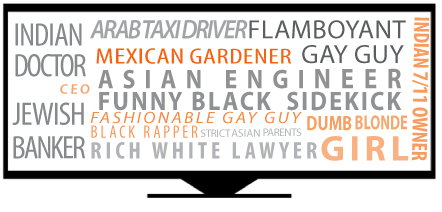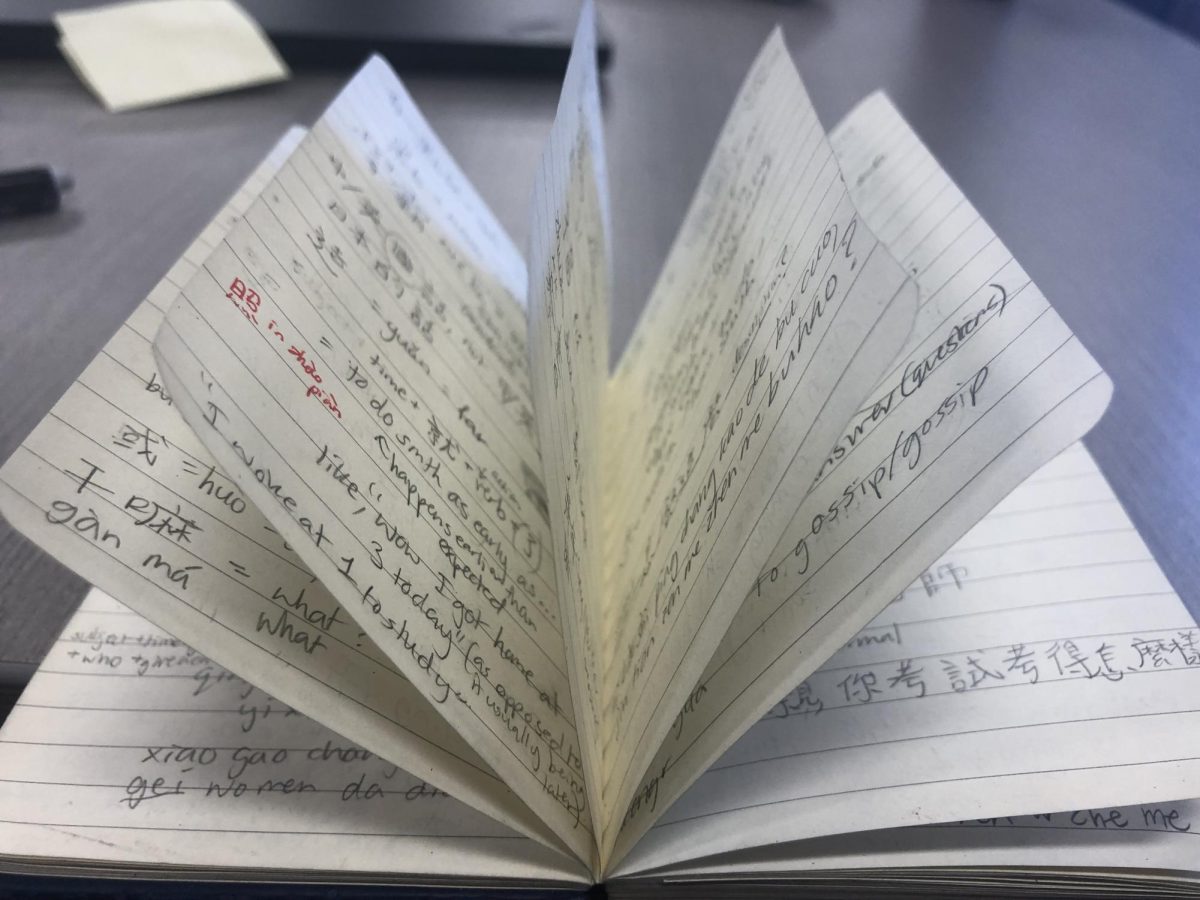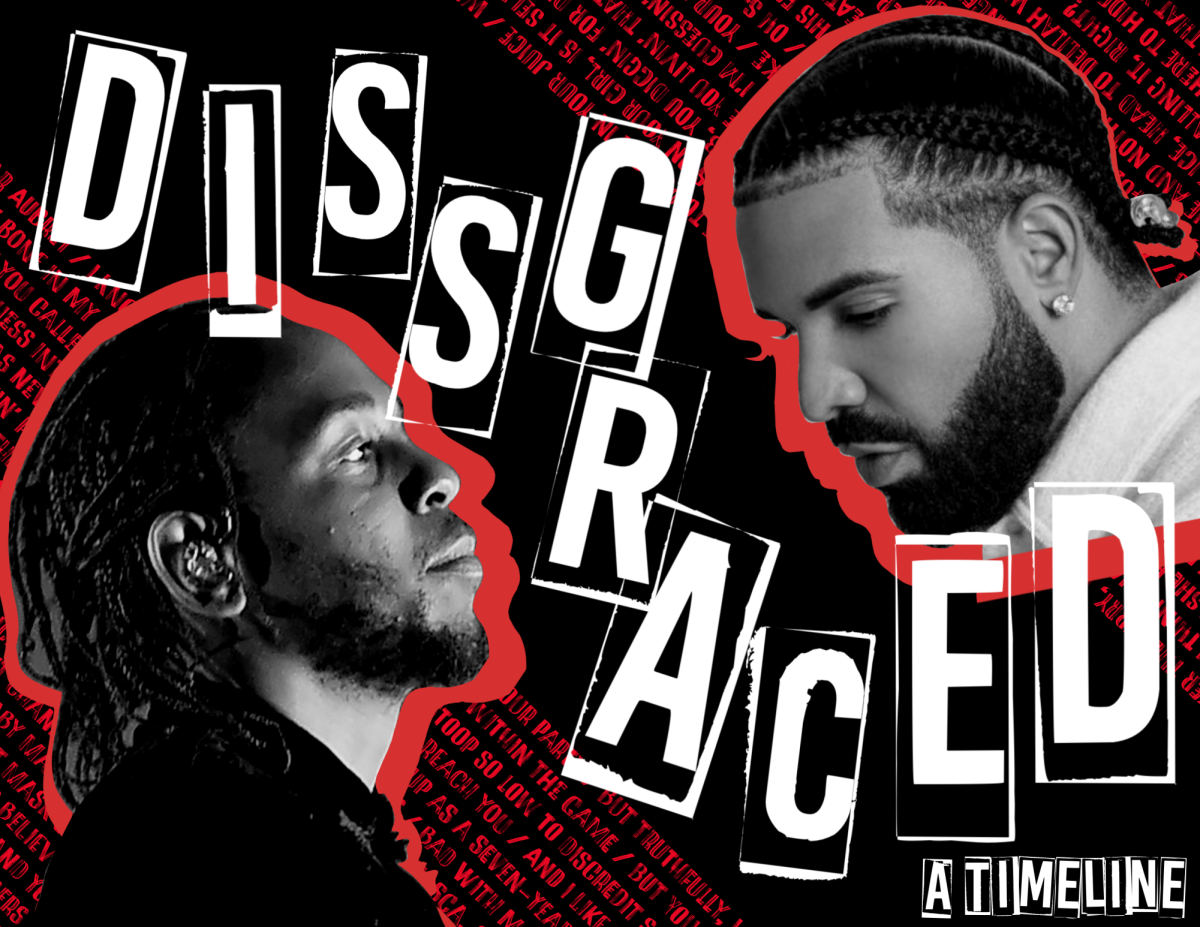1950s television: All white. Patriarchal household with a diligent and submissive housewife. Four children, exactly four. All eat breakfast and dinner together, having relatively peaceful conversations… mostly small talk. No serious conflict. No discussions of sexuality. No discussion of social issues or struggles. And of course, no deviations from the status quo.
This sort of selective portrayal of society was constantly seen in popular television shows like The Brady Bunch. This was the state of television just a few decades ago. It can be hard to imagine that this was the media atmosphere that some of our parents grew up in— an idealization of reality.
But television has been changing over the years, as arbiters of social influence are now willing and even eager to explore difficult concepts like homosexuality and racism in the shows that we watch on a regular basis. The public is only beginning to see an accurate reflection of their own society in the media that shapes and preserves its culture.
Television shows like Fresh off the Boat and Blackish discuss racial issues, and shows like Orange is the New Black and Modern Family bring to light topics of sexual orientation. We have come a long way since television was used as a tool to maintain the status quo, but as we proceed into a more diverse future for media, an essential question must be asked. Are the groups we are attempting to represent being represented properly?
We get that media needs to represent the diversity within our society, but we must look critically at the quality of that representation. Modern family is one of the most popular television shows of this generation. It aims to showcase the “modern family” with all its chaotic moments, eccentricities, and deviations from the “norm” of what a family should look like. It is a clear attack on the status quo perception of what a family should look like, featuring a married same-sex couple who adopted a daughter.
Even though they are sometimes stereotypically portrayed for comedic effect, their inclusion demonstrates that a gay couple and their daughter equate to any other family. The trials they must go through almost every episode like trying to raise a child or balancing work with home life are similar to those of any other family. This surpasses the one- dimensional perception of homosexuals in our society.
Fresh off the Boat, a popular new television show about a Taiwanese family that struggles to assimilate after their move to the United States, seems especially relevant to the largely comprised Asian- American student body of MVHS. Fresh off the Boat is the first full Asian- American television show to air in the United States in over 20 years. Leading up to its premiere, it started to receive more and more acclaim as first-generation immigrants waited in anticipation. Finally, someone was attempting to document the shared experience of foreigners who were placed in a situation of clashing cultures.
The tricky thing about making a comedic sitcom about a minority group’s struggles is striking the right balance between distasteful yet amusing generalizations and politically correct but non-comedic material, which tends to produce a slightly inaccurate characterization while being absolutely boring. Although many television network executives opt for the former due to its enticingly profitable appeal, the show’s creators used Asian stereotypes, both good and bad, in an extremely measured way.
Much like Everybody Hates Chris, the popular television show depicting a Black family, the harmful generalizations are addressed in a way that satirizes those with preconceived notions rather than the minority family itself. When the white members of the family’s community see the mother cutting cake into equal slices, they believe that this egalitarian behavior is due to the fact that she comes from a Communist country. The stark absurdity of this statement is an attack on those who generalize rather than those who are generalized.
Despite this, many have claimed that the show is racist because it creates a one-dimensional perspective of what an Asian American family looks like. This is only because they expect the show’s characterization to apply to all Asian American families. If they expected Modern Family to apply to all white families, the show would likewise fall short of their expectations and come across as racist. The necessary step to solve this problem of perceived one-dimensionality is to create more shows that feature Asian American families, each with their own idiosyncrasies.
For some, TV shows about minorities are the only significant representations of certain cultures that they will experience in their lives. If we don’t have increased representation of minority groups in the media soon, preconceived notions about certain groups of people will persist and well-intentioned portrayals may have the adverse effect of reinforcing them.



















